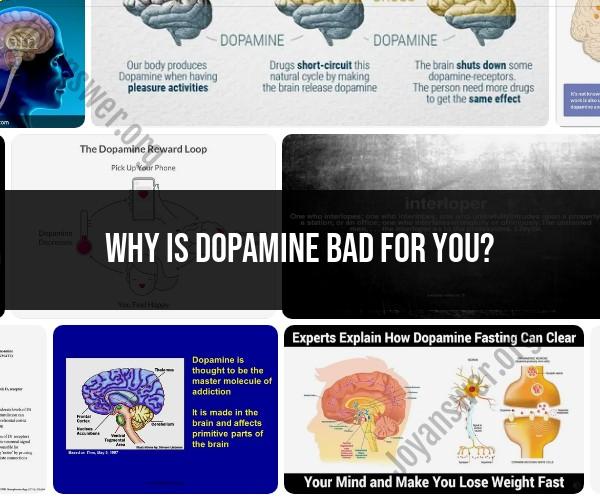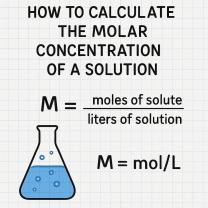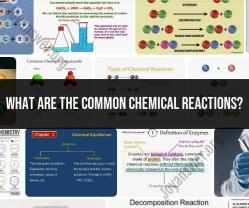Why is dopamine bad for You?
Dopamine itself is not inherently bad for your health. In fact, dopamine is a naturally occurring neurotransmitter in the brain that plays several vital roles in maintaining physical and mental well-being. It is essential for motivation, reward processing, mood regulation, and various aspects of cognitive function. However, there are misconceptions and misunderstandings about dopamine that may lead to the perception that it can be "bad" for you. Here are some key points to clarify:
Dopamine and Addiction: One common misconception is that dopamine is solely responsible for addiction and that it is "bad" in this context. While dopamine does play a role in the brain's reward system and can be involved in addiction, addiction is a complex condition influenced by various factors, including genetics, environment, and individual vulnerabilities. Blaming dopamine alone oversimplifies the issue.
Balance is Key: Dopamine's effects on the brain are all about balance. It is essential for normal brain function, but dysregulation of dopamine levels can lead to various neurological and psychiatric conditions. For example, too little dopamine in certain areas of the brain is associated with Parkinson's disease, while excessive dopamine release in some regions is linked to conditions like schizophrenia.
Dopamine and Mental Health: Dopamine is also involved in mood regulation. Dysregulation of dopamine levels can contribute to mood disorders such as depression and bipolar disorder. However, it's not accurate to label dopamine as "bad" in these contexts. Rather, it's the disruption of the delicate balance of neurotransmitters, including dopamine, that leads to mental health issues.
Medications: Dopaminergic medications are used to treat conditions like Parkinson's disease and certain forms of depression. When prescribed and used under medical supervision, these medications can significantly improve quality of life.
Natural Rewards: Dopamine is released in response to natural rewards such as food, exercise, and social interactions. It is a crucial part of the brain's reward system that encourages behaviors necessary for survival and well-being.
Individual Variability: People have different levels of dopamine activity and sensitivity. What may be an enjoyable or rewarding experience for one person may not have the same effect on another. This individual variability is normal and influenced by genetic and environmental factors.
In summary, dopamine is not inherently "bad" for you. It is a vital neurotransmitter that plays diverse roles in the brain, and its effects are context-dependent. Problems arise when there is dysregulation of dopamine levels or when it is associated with harmful behaviors or conditions like addiction. In such cases, it's essential to seek professional medical and psychological support to address underlying issues and restore balance in brain function.












